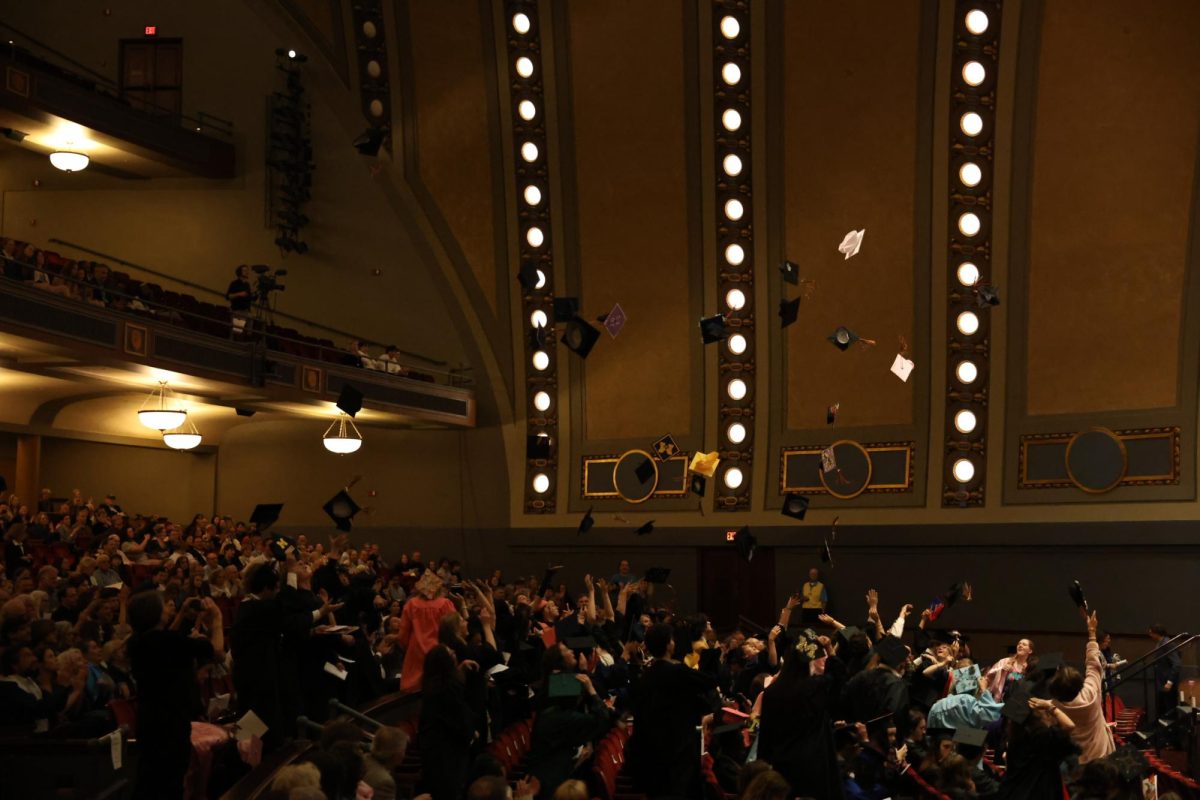Luis Paez-Cano worked at Borders Books and Music for exactly 11 years. “I started to work in September on my birthday, and on my birthday I was laid off,” he said, recalling memories from his tenure at the store on E. Liberty.
Once an impressive bookstore chain and a staple of downtown Ann Arbor, Borders announced it would be closing its doors for good in July. Many people – Paez-Cano included – were anything but surprised at the announcement, since the store had been struggling for years. “For a couple of years I’d been waiting [for the store to close], actually,” said Paez-Cano. He also recalled what were, in his opinion, mistakes made by the corporation. “Unique mistakes were made, for example, when it went corporate,” he said, describing the sale of the then-locally owned bookstore to Kmart. “That was a big mistake, not only on the brothers’ part – and it’s admitted widely – but also it was a strategy mistake because of the community. In a community that really loved reading, that really loved books and intellectual life, and they sold it to Kmart … the stores that were sold to Kmart were treated just as any merchandise. They didn’t care about the content, really,” said Paez-Cano.
He also discussed his involvement in forming a union at the store after continued frustration with the company’s treatment of its workers and the community at large. “We formed a union as an answer to those changes that were happening at the corporate offices … other goals of the community had been postponed or not allowed anymore. Then we started to protest verbally with upper management in the corporation. We started to ask for medical coverage for part-timers and many other things that were coming up. We ended up having to strike. That was in 2003 … and finally, after a couple of months of that fight, we signed for the first time, a union contract with the Borders Corporation. [It was] the only one with the Borders Corporation. I’m proud of talking about it,” he said.
While on strike, Paez-Cano remembers overwhelming support from the community. “It was very fulfilling. There was a lot of energy from the community, from the students … and other organizations at the university, high schoolers, peace groups … There was a lot of community input because they recognized that we had some of their goals in our hands, and we were able to communicate, to pass through some of the goals. We were advocates for the community, and some of those goals actually came to fruition after we signed the contract.” Goals, he said, such as having local authors, musicians, and poets read and perform at the store. “That was unheard of before 2000,” said Paez-Cano.
Indeed, it is hard to imagine a community such as Ann Arbor that “really loved reading, books, and intellectual life,” as Paez-Cano said, without a major hub for such activity in the city center. “Yeah, there is a need for a place downtown like Borders, but it’s not going to be anything like Borders was or used to be. If there were some desire from politicians or community leaders, there would have been something like that more likely county wide, or state or the city itself, to pitch in for a community center downtown,” he said. “I’m always an optimist, but I don’t see any … people talking about those plans at all.”
Though Paez-Cano would like to see the city step up and fill the void that has been left by Borders, he recognizes the company’s demise as simply part of a cycle: “Like people, any organization has its growth … and goes through life, and at a certain point goes in decline, and at the end it perishes … it’s a normal way of affairs in life,” he said.
















